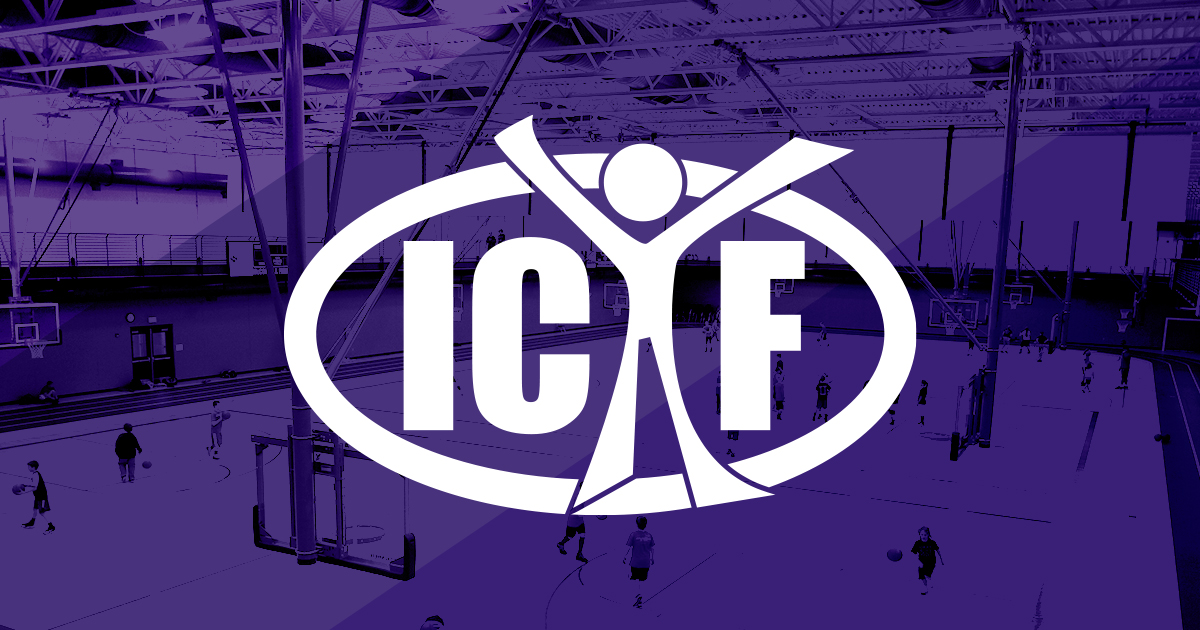VOLLEYBALL
Volleyball players are fine tuned athletes that need powerful legs for jumping and strong upper bodies for power when spiking, serving and blocking. Players need to balance strength and lean muscle mass with the ability to jump and land repeatedly relying heavily on the athlete’s anaerobic systems. Volleyball players have high nutrition needs to meet strength and condition requirements while at the same time facilitating normal adolescent growth and development.
Jennifer DeWall RDN, CSSD, LD
Jennifer works with ICYF to provide expert advice on sports nutrition and healthy eating to the student and families of Indianola. A registered dietitian/nutritionist, Jennifer owns a private practice that focuses on helping athletes stay on the cutting edge with superior nutrition.
Nutrition Recommendations for Volleyball Players
Eat nutrient dense healthy carbohydrates daily.
All volleyball players need to consume moderate levels of carbohydrates. Carbohydrates supply our body with sustained energy. Eating healthy carbohydrates also gives us the vitamins our metabolism needs to unlock vital energy from food. Eating nutrient dense healthy carbohydrates for meals and snacks will provide appropriate energy needs and also satisfy high energy requirements needed for building and maintaining lean muscle mass.
| Tips for Eating Healthy Carbohydrates |
|---|
| Get organized. Have whole grain crackers, nutrition bars, fresh /dried fruit, granola bars and trail mix available with you at all times. |
| Eat more often rather than increasing the size of your meals. It is not uncommon for volleyball players to eat six times a day. |
| To increase your carbohydrates during high level trainings. Select fruit smoothies, 100% juice or meal replacement beverages. |
| Good sources of carbohydrates include whole grain bread, crackers, pasta, tortillas, fresh and dried fruit, starchy vegetables, milk and yogurt. Specifics can be found on the ICYF “Athlete Shopping List” guide. |
FUEL BETWEEN GAMES
Taking in some form of carbohydrate between games in a match and practices may be necessary. Carbohydrate in the form of sports drinks or gels will provide additional fuel for muscles and cognition. To avoid fatigue, do not wait until you start feeling tired to have any carbohydrate containing food or fluid. It may be necessary to begin consuming carbohydrate containing fluids within the first 30 minutes of play, especially if players did not eat a pre- match snack.
REFUEL POST MATCH
For adequate recovery of muscle glycogen stores, volleyball players should consume a snack within 30 minutes of play. This is especially critical with tournament play, during heavy training pre-season or when players are expected to compete on consecutive days.
| Snacking Tips to Refuel & Recover |
|---|
| If you do not plan to eat a meal within 30 minutes, a snack is necessary. |
| Select a snack that provide between 0.5-1.0 grams of carbohydrate per kilogram of body weight and 10-20 g of protein. (1) |
| Examples include: yogurt, peanut butter or cheese sandwich, low-fat chocolate milk, meal replacement drinks, dry cereal mixed with dried fruit and soy nuts. |
| A detailed snack list can be found on the ICYF “On the go Snacks for Athletes” guide. |
STAY HYDRATED
Hydration before, during and after training and game-time should be well planned. Drinking large amounts of water in the minutes beforehand is not an optimal way to hydrate and can leave you with a “sloshy” stomach in the opening minutes of play. Dehydration (2-3% loss in body weight (2) or just a bit over 3 pounds for a 165-pound player) can slow pace and decrease reaction time. Players should sip small amounts of fluid during training and regularly throughout the day.

HYDRATION TIPS
• Start hydrating about 4 hours before practice or competitions so that you are able to excrete any excess fluid as urine before you compete.
• If you are training for 60+ minutes, sip 4-6 ounces fluid every 15 minutes. A sports drink may be necessary.
• On days where you are training intensely, for every pound lost, replace with 24 ounces of fluid.
• Carry a water bottle with you during the day to help achieve your fluid goals. One sip of water is equal to about 1 ounce.
Hydration during practices and games is also critical. If you are playing for more than 60 minutes then a sports beverage may be needed. Sports beverages can allow you to keep your blood sugar levels within normal limits to allow for immediate energy and split-second decision making. Your brain relies on glucose for its primary fuel source. Without (glucose,) your blood sugar can drop and cause impaired mental acuity.
In order to play at your optimal level, clean eating, a healthy weight and hydration are your secret weapons to winning. For more information or a personalized plan, work with a registered dietitian/nutritionist that is board certified in sports dietetics.
References
1. Australian Government. Australian Sports Commission. www.ausport.gov.au October 2013.
2. Position of the American Dietetic Association, Dietitians of Canada, and the American College of Sports Medicine: Nutrition and Athletic Performance. Journal of the American Dietetic Association, March 2009, Volume 109 Number 3 p. 509-522.

